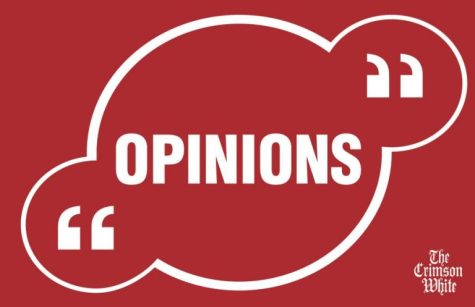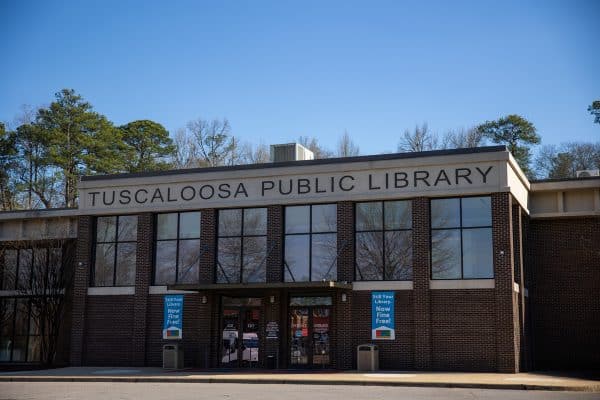Should we sign the revised COVID-19 acknowledgment?
August 12, 2020
On July 31, the Crimson White published an opinion piece by UA law student Haley Czarnek urging all UA students not to sign the acknowledgment form that was included in the University’s COVID-19 online training module. This was the start of a wave of outcry by students, staff and faculty against the acknowledgment form.
The problem is that the form included the statement “I voluntarily assume such risk.” This seemed to Czarnek and other members of the UA community like it might be equivalent to granting the University a general waiver of liability, which would make it difficult or impossible to bring a lawsuit against the University related to its handling of the coronavirus. This would clearly be inappropriate in response to a virus about which, even now, so little is known.
In response to this criticism, the University has now removed that language from the acknowledgment form. But the question remains: has the problem been fixed? Is it safe to sign?
I wish I knew.
Before coming to UA to study English literature, I practiced law for 17 years, and I have to say I don’t know the answer. I can’t say for sure what the acknowledgment amounts to or what its legal implications are. I don’t know whether a court would still treat it as more or less equivalent to a voluntary assumption of risk, and use it to bar an otherwise reasonable lawsuit against the University.
I have to think the University has consulted its own counsel regarding this language. But what are students, parents, staff and faculty supposed to do? Individually hire attorneys to tell them what the language means? Just sign it and hope nothing bad happens?
I think there’s a better, more transparent approach; less adversarial, more open and even-handed. Rather than just hand us a document and tell us to sign it, why not tell us what your counsel has told you? What do they think it means? What do they think the legal consequences are?
And go further: tell us why you want us to sign it. Tell us what you’re trying to achieve, and what risks you’re trying to mitigate. I feel this approach would be more fair, just, honest and ethical than what has been proposed so far.
In short, let it be a shared, open, informed and truly voluntary risk-sharing among all interested parties, as if we really are all in this “Tide Together.”
Andrew Ash is a graduate student in the Department of English.










